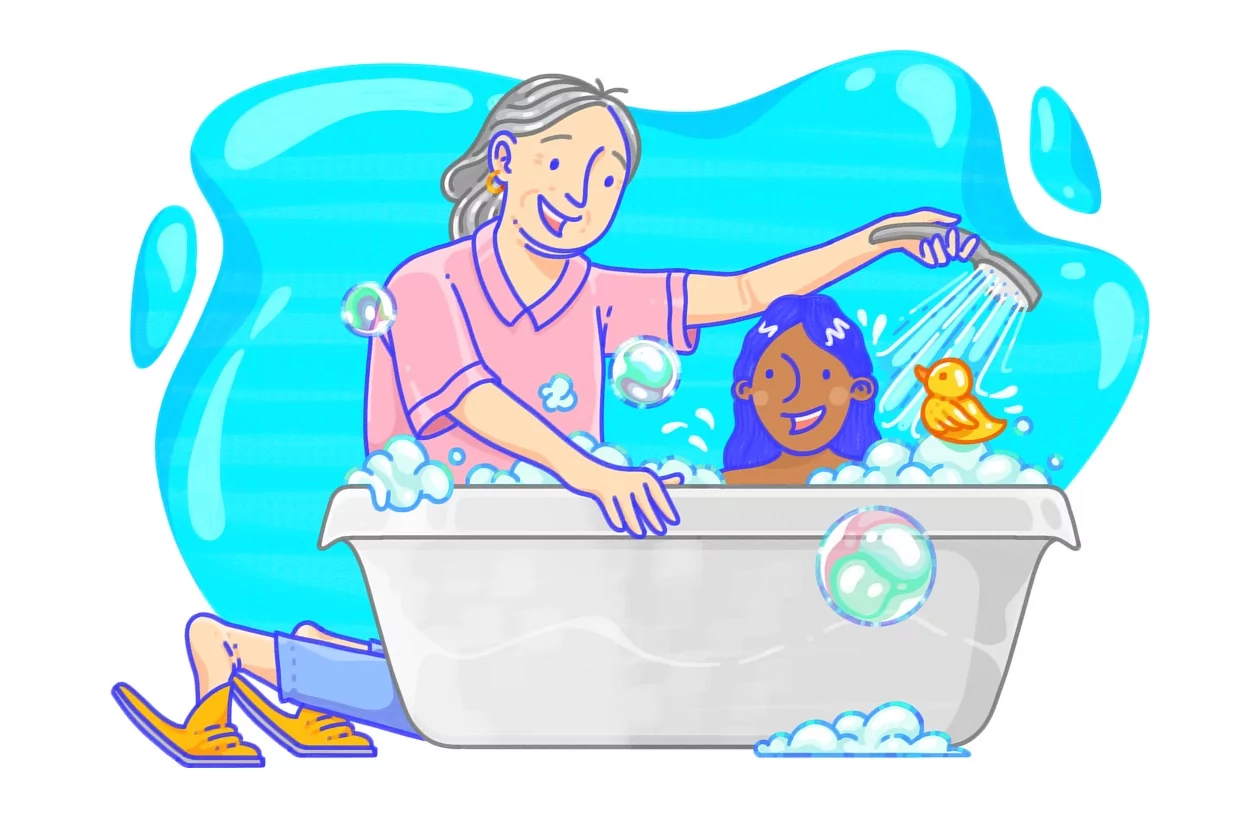You’ve heard it before: As a caregiver, you also need care. And as the caregiver to a child with a rare disease like central precocious puberty, you will need your own set of coping strategies to support you through the ups and downs of your child’s condition. Here are a few tips to help maintain your own wellbeing, so you can keep showing up for your CPP patient, your other loved ones, and yourself.
Validate Your Own Emotions
People often minimize what they’re going through, with the justification that someone somewhere has it worse. The reality is: Taking care of a child with CPP can be profoundly difficult. You may mourn the premature loss of their childhood or feel deprived of some typical childhood milestones. Or you may worry that they will feel deprived. These emotions are valid, and while CPP is fully treatable and you have every reason to expect a bright future for your child, that doesn’t change the fact that things did not go as you planned. It’s okay to be sad about that sometimes.
Learn to Accept Help
Many caregivers are conditioned to refuse help. “It’s like a knee-jerk reaction,” explains Nora Klaver, author of MayDay!: Asking for Help in Times of Need. As a caregiver, you might be so empathetic that you don’t want to burden another caregiver with your needs. But people who offer help genuinely want to help! If a trusted relative offers to take your child to the doctor for their CPP treatment, accept the offer. If a good friend volunteers to babysit your child with CPP so you can go on a date with your partner, let them. Parenthood takes a village, and that’s especially true for caregivers of children with CPP.
Learn to Ask For Help
For many of the same reasons, soliciting support can be even more challenging than simply receiving it. But your child has specific needs, and that means you have specific needs. So if your child is running into issues at school related to their CPP symptoms, alert their teachers and ask them to come to you with their concerns. If your child’s puberty mood swings are out of hand, consider seeking out a child psychologist. The ability to seek support is not a weakness, it’s a superpower, and the connections worth keeping will gladly pitch in however they can.
Prioritize Mental Health as a Family
Your child with CPP is going through big changes. They can’t control their hormones, and if their behaviors are overwhelming for you, they and your other family members are likely overwhelmed, too. When a family member has CPP, everyone is affected. So create a home where everyone can express themselves freely, practice healthy coping skills together, and remind everyone—yourself included—that it won’t be like this forever.
Make Room on Your Plate
It’s common for caregivers to feel like they’re pulled in a dozen different directions. There are so many tasks competing for your attention at all times that it’s easy to get sidetracked and leave your most important tasks—like caring for yourself—unfinished. So identify your top priorities for the day or week and forgive yourself if you don’t have time for everything else on your list.
No childhood is perfect. But by continually practicing self-care throughout this challenging time, you’re teaching your child valuable coping skills that will serve them for life.
TPI.2022.3136.v1 (v1.2)




